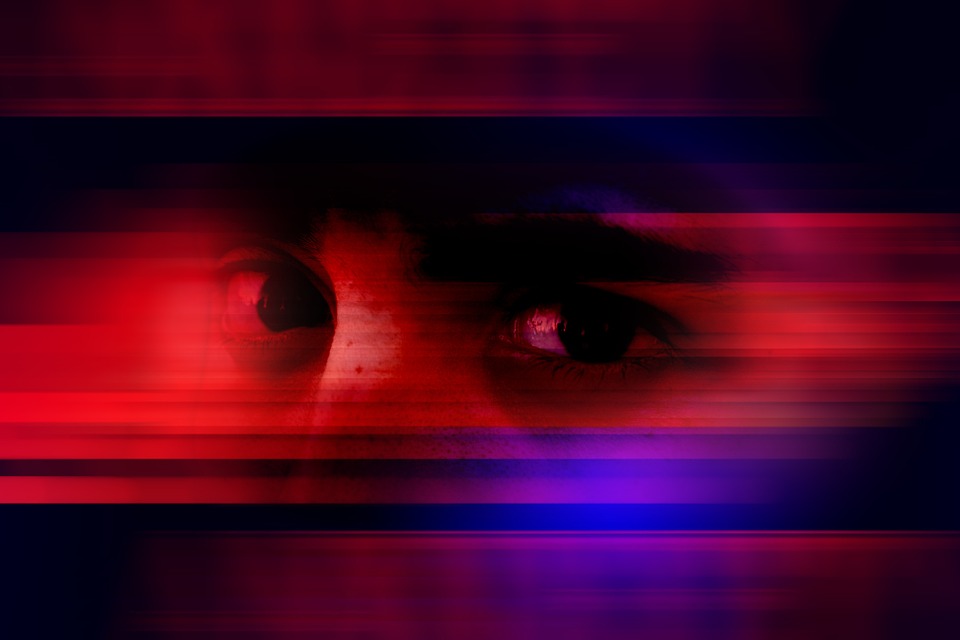Anxiety is a typical event when an individual faces risky or hazardous circumstances. It is felt when an individual sees an outer danger. However, constant and unreasonable anxiety can prompt a type of anxiety disorder. There are different sorts of anxiety disorder contingent upon their causes or triggers.
Generalized anxiety disorder
An individual who has this sort of anxiety disorder generally encounters delayed anxiety that is regularly without premise. All the more precisely, people with generalized anxiety disorders can’t be lucid of the purpose for their anxiety. This sort of anxiety generally keeps going for a half year and regularly influence women. Because of the industriousness of the anxiety, people influenced with it continually fuss and stress. These lead to heart palpitations, sleep deprivation, cerebral pains, and woozy spells.
Phobias
An individual who has a specific phobia encounters outrageous and regularly nonsensical dread of a specific circumstance. At the point when exposed to the thing or circumstance they fear, people with specific fears display indications of extraordinary dread like shaking, shortness of breath, heart palpitations, and sickness. Usual phobias incorporate dread of statures, encased spaces, blood, and creatures.
Panic disorder
Otherwise called Agoraphobia, panic disorders are portrayed by repeating alarm assaults which are frequently startling. Side effects usually are shaking, chest torments, dazedness, a dread of losing control, and hesitance of being distant from everyone else. People with panic disorder know that their panic is generally unwarranted and strange. This is the reason they stay away from open circumstances and being separated from everyone else. A fit of anxiety can be severe to the point that people may lose control and hurt themselves.
Social fear
Also called social anxiety, an individual with social fear may display similar manifestations like those of panic disorder particularly in social circumstances. Shaking, dazedness, shortness of breath, and heart palpitations may follow when an individual with social fear discovers his or herself at the focal point of consideration or in the organization of numerous people, in any case, whether they are outsiders or not.
Obsessive-compulsive disorder
People with OCD encounter anxiety caused by a relentless fixation or thought. They will, in general, abstain from encountering anxiety by depending on redundant activities or practices that avert anxiety. For instance, an individual who is fixated on tidiness may encounter anxiety at the unimportant sight of a vase set marginally aslant. To avert anxiety, the individual will clean and compose everything habitually or without reason.
PTSD
Post-traumatic stress disorder may happen after an individual encountered an extremely traumatic occasion. The person in question may remember the involvement in his or her mind which causes stress and anxiety. If an individual with PTSD comes into contact with boosts (any item, individual, or circumstance) that the person in question partners with the traumatic occasion, the person may re-encounter the event by crying wildly, freezing, or losing control. Subtler manifestations incorporate a sleeping disorder and avoidant conduct. PTSD may manifest itself following the traumatic occasion or even a very long time after.
Deciding the kind of anxiety disorder an individual has is significant in looking for treatment and recuperation — systems and strategies that are utilized to enable an individual to adapt to specific anxiety for the most part target the side effects as well as methods for dealing with stress when exposed to triggers. Only after intensive conclusion can treatment and recuperation for anxiety disorders truly begin.

